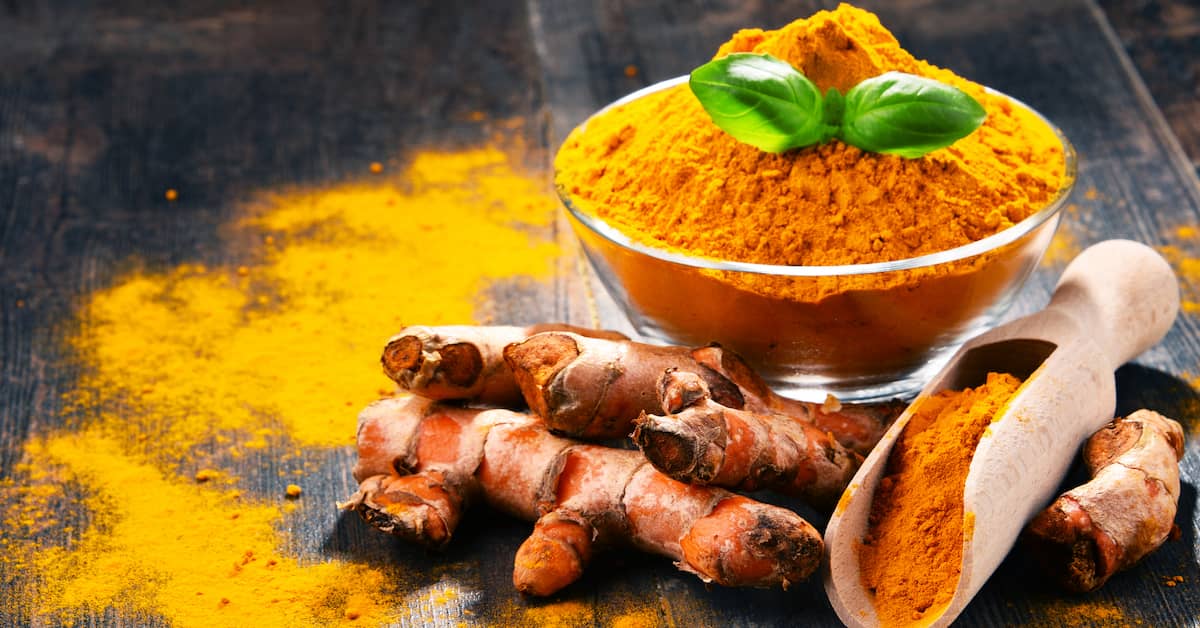
Improves Working Memory
Researchers at Swinburne University of Technology, Melbourne, Australia, were the first to examine the effects of curcumin on cognition and mood in a healthy older population. One hour after taking a single dose, volunteers enjoyed significantly improved performance on sustained attention and working memory tasks compared to the placebo group. Even after four weeks they noted that working memory, mood and fatigue were significantly better. A follow up trial by the same research group in healthy older adults taking a curcumin supplement once a day for 12 weeks confirmed improvements in mood and working memory. Lead researcher in both studies, Andrew Scholey, said, "Curcumin has multiple physiological effects. It’s known to reduce inflammation and improve blood flow. It influences multiple processes that nudge brain function in a positive direction."Restrains Amyloid Plaques and Tau Tangles
Another research group from Australia conducted a study with older adults over 12 months, finding that curcumin was able to delay cognitive decline compared to placebo. Then, in a study conducted by scientists from the University of California, Los Angeles, forty adults between the ages of 50 and 90 with mild memory complaints were randomly assigned to receive curcumin or placebo twice daily for 18 months. The active group saw a 28 percent improvement in memory compared to placebo. There were also improvements in attention and mood while brain scans showed significantly less buildup of the hallmarks of Alzheimer's - amyloid plaques and tau tangles - compared to placebo. First author, Dr. Gary Small, commented, saying, "Exactly how curcumin exerts its effects is not certain, but it may be due to its ability to reduce brain inflammation, which has been linked to both Alzheimer's disease and major depression.”Lowers Chronic Inflammation
Chronic inflammation can be triggered by obesity and an unhealthy lifestyle but may also accompany normal aging. It’s connected to multiple health problems including heart disease, diabetes, cancer, and neurodegenerative diseases such as Alzheimer’s disease. Raised levels of inflammatory markers in the blood such as C-reactive protein and complement component 3 have been shown to impair quality of life and cause mood disturbances. What’s more, a particular form of turmeric that’s extracted using water and supercritical carbon dioxide (called “hot water and supercritical carbon dioxide extract” in the research) was shown to prevent a variety of chronic inflammatory diseases in animal models. Researchers from Japan wanted to see if the same extract would lower inflammation and improve mental health in human subjects. Ninety overweight but non-obese men and women between the ages of 50 and 69 were randomly divided into two groups. One group took two capsules of turmeric extract daily for 12 weeks, while the other group swallowed a placebo. Prior to the commencement of the study the participants completed two health surveys. The first was concerned with physical and mental health; the second related to negative and positive mood states.Balances Mood, Too
At the end of study, published in Nutrition Journal last year, the turmeric group had a significant weight loss, a reduction in body mass index, and lower markers of inflammation when compared to the placebo group. In addition, they showed significant improvement in both mental health surveys which assessed negative mood and feelings of anger and hostility. The researchers concluded that turmeric extract "may reduce the systemic low-grade inflammation associated with aging and obesity and thus may be able to decrease the risk of chronic inflammatory diseases in these populations [and] help to improve mental health and mood disturbance."My Takeaway
The latest positive research on turmeric doesn’t surprise me—it’s one of my favorite supplements for reducing inflammation and fighting the diseases of aging. And it’s even more exciting to hear Dr. Gary Small, one of the scientists who conducted the latest research, point to turmeric’s active ingredient as a possible solution for memory loss, saying "These results suggest that taking...curcumin could provide meaningful cognitive benefits over the years." If you don’t yet take turmeric, or it’s active ingredient curcumin, I encourage you to add this supplement to your daily nutritional health regimen. Our sister company, Green Valley Natural Solutions, has developed an inflammation-fighting formula that uses a patented water extract of turmeric that’s standardized for potency. It’s called Triple Joint Relief Gold, and you can read more about it here.- https://nutritionj.biomedcentral.com/articles/10.1186/s12937-021-00748-8
- https://pubmed.ncbi.nlm.nih.gov/32512782/
- https://www.sciencealert.com/turmeric-can-improve-memory-and-attention-span-in-old-age- study-finds
- https://pubmed.ncbi.nlm.nih.gov/27102361/
- https://newsroom.ucla.edu/releases/curcumin-improves-memory-and-mood-new-ucla-study-says
